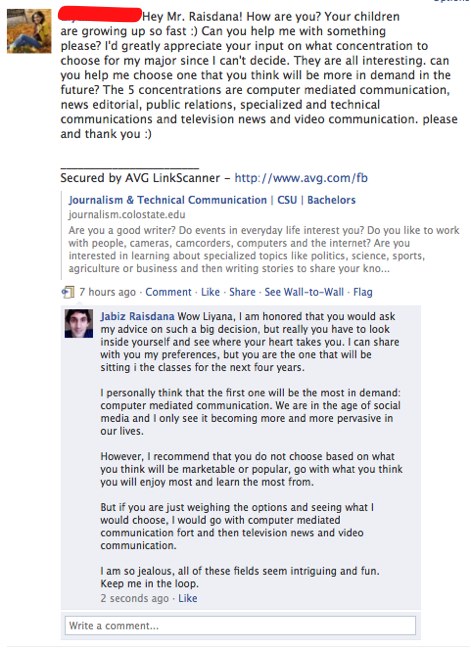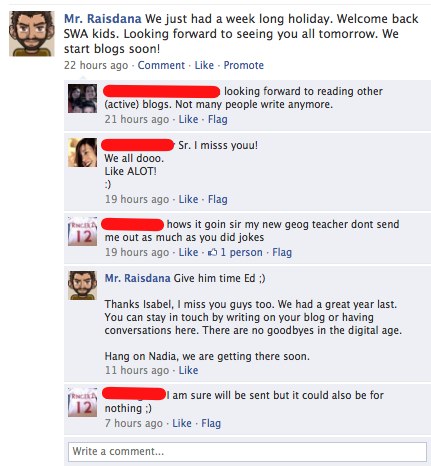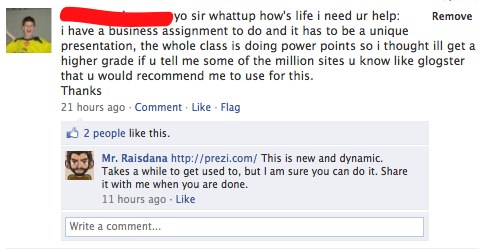I saw the Social Network last night and I was very impressed. I do not want to turn this post into a review of the film, except that I will say I found the script hilarious, sharp and witty. The acting, especially Justin Timberlake, was natural and compelling, and the music by Trent Reznor was a perfect complement. It was not just background music, but at times felt like another character helping to move the plot and add tension. (I am actually listening to it now as I type this post.)
I know some people have criticized the movie for not having any positive female characters, and while I agree this is a valid criticism, I would like to state that while we may not agree or like to admit, the mind of the college man dwells in dark places, and most of our time in those caves is spent pondering one thing and one thing only- Women. I am sure there are balanced, well-intentioned, sensitive, young men out there, who do not spend every waking minute of their college life obsessing about women, but for most of us college is a time of great insecurity and is most often consumed by trying to find ways to be as close to the opposite sex as possible. The sexualized fantasies of the film may have been exaggerated and unrealistic, but the obsession was not.

But like I said in the beginning, this was not meant to be a review of the film. As I was watching the film, I couldn’t help but thing about how the Internet is changing the way we create and understand self, and more importantly how does this newly developed public self go about creating social groups and/or communities? How do we as adults who did not spend our schooling years making friends online, learn to understand this change and work with our students to understand the new phenomena?
One of my favorite lines of the film was when Timberlake’s character is at a party and says, “First we lived on farms, then we moved to cities, and now people live online.” While this idea may terrify some, or feel like hyperbole to others, I feel it is pretty close to the truth. While it may appear quaint and nostalgic to champion face-to-face interactions, please believe me I am an advocate of the organic as well as the digital, the reality, whether we like it or not, is that we spend a great part of our lives living online. I am not talking only about those of us who have embraced the social web, those of us with blogs, youtube channels, twitter and The Facebook, I am talking about your average person who Skypes friends, checks status updates and photos, and stays connected through the web. We are all slowly migrating from the cities to online.
For most adults, this living online has been a slow shift. We knew how to make friends, some of us better than others, before the Internet, and so transferring the ability to maintain relationships in “real” life, to life on the web has been a steady continuum. But how do kids these days deal with it? They are learning how to make friendships online as they learn how to do it face-to -ace. This is a fundamental shift in how we foster and maintain relationships and build communities.
It is important that we acknowledge the fact that sites like Facebook are where young people to go to be social. Many nervous administrators want to block social networking sites, like Facebook, but they must realize that this is where kids hang out. While this idea of hanging out on the cloud or in cyberspace feels strange to those of us who did not spend our time there as kids, we owe it to the students we teach to begin to understand the dynamics of online social life. We must begin to ask students what life is like on the web, so that we can help them understand the value in face-to-face relationships. On a more selfish level, it would behoove us to learn more about socializing online as many of these kids will be in charge of the world as we age, and it is always a good idea to understand how they operate. Teachers have a tendency to think that the way they did thins was better than the way they are being done now, so they are constantly trying to force students into the model they feel the most comfortable with. Social networks are here to stay, and we can pine for the good old days when life was private and people knew how to have conversations, but the reality is that those days are gone. We can help students understand the importance of face-to-face interactions, but not until we show them that their digital social rituals have value.
I think the film exposes some important areas for exploration. The main one being, why are we social at all? On the web or off. What is that pressing need that we have as humans that makes us want to fit in and be loved. To be accepted. It is easier for mature adults to look back at our teenage years and scoff at our juvenile behavior in middle or high school. Or to be embarrassed of the days when we considered joining a fraternity or a “Final Club” so that we could be cool and find a date. All of these activities, merely, highlight the need that people in general are insecure and looking to fill the gaps in their personalities with the acceptance of others. We want to be understood, accepted, and if we are lucky loved for who we are. The problem becomes how do we articulate who we are to others.
In the past before the Internet, we relied on what I think are more superficial indicators. For me, in middle school I was judged by how I dressed, which reflected my economic class status, by how I looked, and by the way I acted in class etc…None of which were remotely accurate to the person I was. Like most adolescents and young adults, I had a rough of idea of who I was, but most days even I was confused. So to be judged and evaluated on how I presented myself to the world seemed unfair. No one got me and I had no way of setting them straight.
I think this need to present ourselves as we create and recreate ourselves and change and grow is the central theme of both the movie The Social Network and social networks. Zuckerberg’s goal was to give people a place to stake claim and announce to the world who they are. He wanted to level the playing field. You could, by publicly sharing your profile, dictate to the world how to perceive you once and for all. You no longer had to be the quiet wallflower or the dense jock, if people could see the books you were reading or the music you listened to. Suddenly, you became much more multi-dimensional. Social networks allow us to create who we are much more accurately than non-digital life.
I think I may have more material that will fit into this post, so I will wrap up for now. In closing, I just want to point out that life has changed, is changing, we are in the middle of a very exciting time. The very nature of who we are and how we connect with others is in flux, but this change need not be terrifying. Yes, our children socialize in radically different ways than we did when we were kids, yes young people tend to stare at screens instead of at each others eyes, but we must keep in mind that behind every screen is another person, or two, or three. While staring at a phone and texting may appear anti-social to us, it is actually the most social of acts for them. We cannot ban or force kids to abandon a form of socialization simply because we don’t understand it or because it makes us feel uncomfortable. Make me think of a line I just read in John Spencer’s book Teaching Unmasked: Criticize the tools you use and use the tools you criticize. I for one am going to tack that up on my classroom walls and jump in feet first to help my kids find their voice, find their passion, and their confidence to build and maintain meaningful and mature relationships, both face-to face and online. You can choose to stand on the sidelines and fear the world as it comes at you, or you can choose to go with the flow and move forward.



